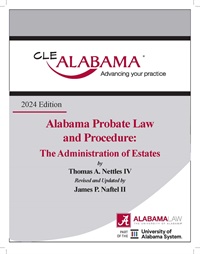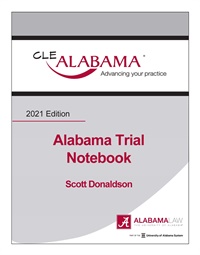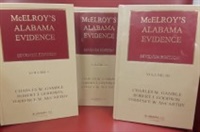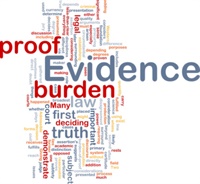Charitable Giving Planning in Trusts and Estates, Part 2
Total Credits: 1 including 1 CLE
- Average Rating:
- Not yet rated
- Categories:
- Estate Planning
- Faculty:
- Michael Lehmann
- Original Program Date:
- Apr 05, 2024
- License:
- Never Expires.
Description
Charitable giving can be a major portion of clients’ trust estate planning and introduce substantial complexity. Charitable giving may be motivated less by a desire for tax savings and more by a desire to have an impact on a specific charity or a community. Clients may also want to retain some measure of control during their lifetimes over the property they are donating and retain income from the property. Though there is a vast array of vehicles and planning techniques to achieve these goals, working through the alternatives is daunting. This program will provide you with a practical guide to the range of charitable giving vehicles, planning techniques to achieve client goals, tax and non-tax tradeoffs, and integrating charitable giving with overall estate plans.
Schedule:
- Advantages and disadvantages of using private foundations, supporting organizations, and donor-advised funds
- Structuring funds to provide maximum flexibility to the endowment and satisfy donor demands for control
- Donating illiquid and difficult-to-value assets to charity – real estate, interests in closely held businesses, works of art
- Review of faith-based giving initiatives and related legal issues
Handouts
| Handout 1 (149.2 KB) | 24 Pages | Available after Purchase |
Faculty
Michael Lehmann Related Seminars and Products
Dechert LLP
Michael Lehmann is a partner in the New York office of Dechert, LLP, where he specializes in tax issues related to non-profits and in the tax treatment of cross-border transactions. He advises hospitals and other health care providers, research organizations, low-income housing developers, trade associations, private foundations and arts organizations.He advises clients on obtaining and maintaining tax-exempt status, executive compensation, reorganizations and joint ventures, acquisitions, and unrelated business income planning.Mr. Lehmann received his A.B., magna cum laude, from Brown University, his J.D. from Columbia Law School, and his LL.M. from New York University School of Law.










